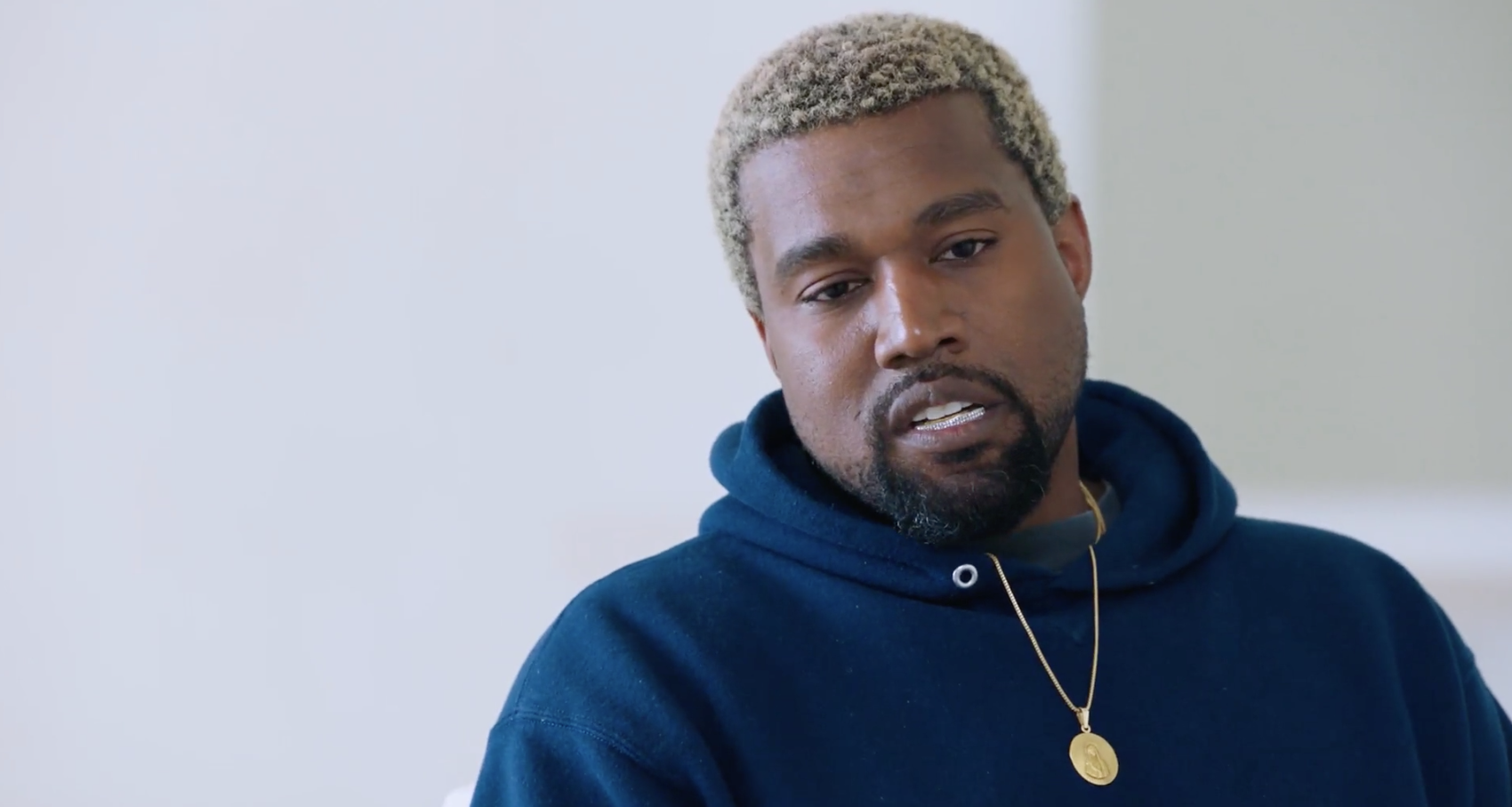The first question posed to Kanye West by Charlamagne in their new nearly two-hour sit down interview is not about Donald Trump. It is instead about the state of West’s mental health. Charlamagne asks the rapper what he thinks triggered his, in Kanye’s words, “breakdown,” to which Kanye responds by naming things like fear, stress, and “manipulation… being a pawn in the chess piece of life.” But he also explains that there was some professional anxiety contributing to his eventual hospitalization, specifically that artists like DJ Khaled and Drake were in heavy rotation on the radio while he was not.
After some prodding from Charlamagne, Kanye goes on to posit that radio turned its nose up at him after his now-legendary interruption of Taylor Swift’s acceptance speech at the 2009 VMAs. Says Kanye:
You know, ever since the Taylor Swift moment, it’s just never been the same… the connection with radio. It’s like… whatever powers that be, it was much harder after that.
On its face, this claim is plausible. Already a controversial figure, West was viewed as even more toxic after that incident, especially—generally speaking here—in the eyes of white America, which is the primary audience for pop radio, a place where Swift was welcomed and celebrated. That radio programmers would decide to dramatically reduce the amount of play for Kanye’s music on their stations is not a surprise, be it because they were anticipating the reactions of their audience or were just offended themselves.

Also Read
Choppered and Tuned
But, obviously, there are plenty of other factors at play. (Kanye goes onto list some, including the connections lost when L.A. Reid left Universal Music Group.) Following his 2008 album 808s & Heartbreaks, West’s music became increasingly less commercial. Yeezus stands out in that regard, but even My Beautiful Dark Twisted Fantasy singles like “Power” and “Runaway” are pop songs as they might exist in Kanye’s world, as opposed to songs Kanye might make if he wanted to exist in the pop world. There’s also the fact that, by the time The Life of Pablo was released two years ago, the zeitgeist had moved on. He’d been a superstar for 13 years by that point. The world turns. (There’s also the fact that pop radio in general became bleach white, with rap and R&B boxed out almost completely until very recently.)
In any event, we can check the data. Kanye scored two of his biggest rap/R&B airplay hits post-VMAs, with both “Ni**as in Paris” (2011) and “Mercy” (2012) peaking at No. 1 on that chart; that definitely counts as radio, though not pop radio. (It’s unclear specifically what Kanye is referring to in his interview.) As it pertains to the Mainstream Top 40 chart, Kanye got airplay after the “Taylor Swift moment” so long as he was attached to another star—his remix of Katy Perry’s “E.T.” hit No. 1 on that chart in 2011, and his quasi-forgotten collaboration with Rihanna and Paul McCartney, “FourFiveSeconds,” did well, too.
It’s probably true that, for whatever reason, Kanye’s ubiquity on the radio faded somewhere around the time of the Taylor Swift incident. But The Life of Pablo seemed to indicate that he didn’t mind too much. In the words of a famous singer: call it what you want.




